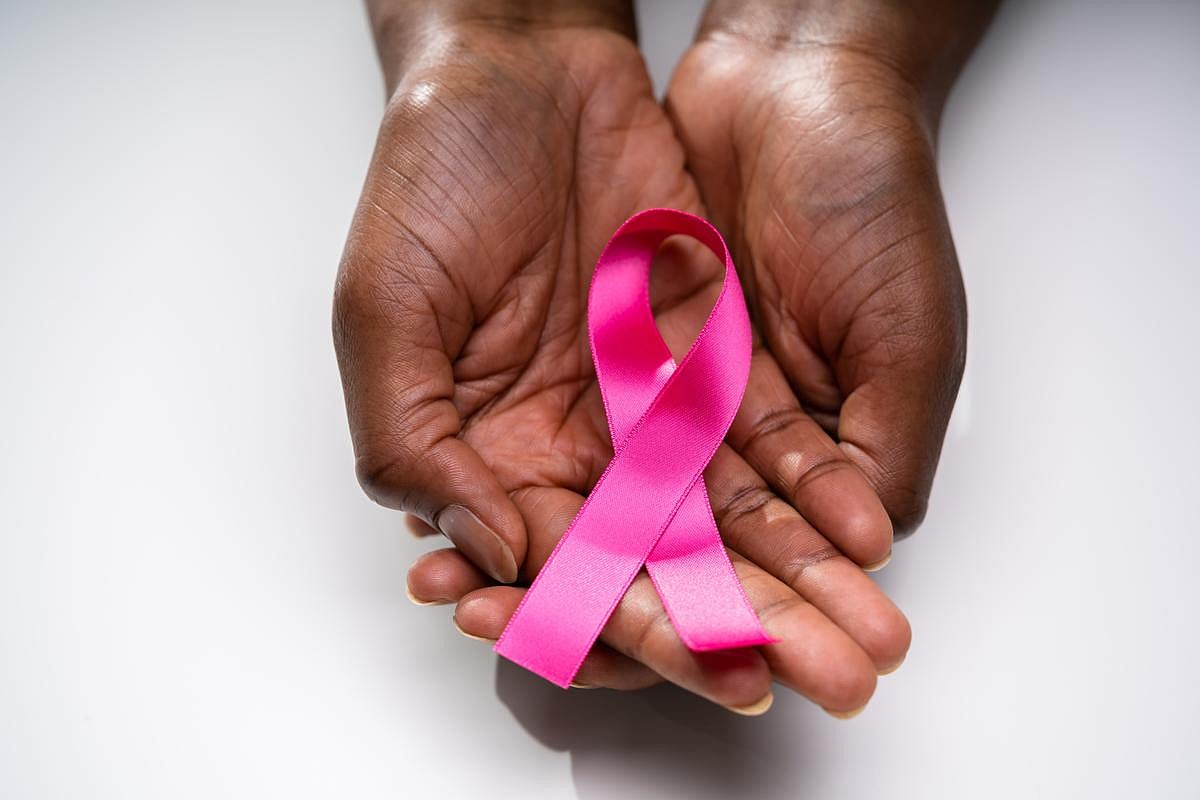Get Healthy!

- Posted October 1, 2024
U.S. Breast Cancer Deaths Keep Declining, Though Disparities Remain
While women overall are less likely to die of breast cancer now, some alarming disparities remain, a new American Cancer Society (ACS) analysis warns.
Death rates for American Indian and Alaska Native women haven't changed for the past 30 years, according to the new report. And breast cancer incidence continues to grow -- rising 1% a year between 2012-2021. The biggest increases were among women under 50 (1.4% a year) and Asian American/Pacific Islander women of any age (2.5%-2.7% per year).
"These gaps need to be rectified through systematic efforts to ensure access to high-quality screening and treatment for every woman," said Dr. William Dahut, chief scientific officer for the ACS.
Overall, death rates due to breast cancer have dropped 44% since 1989, saving about 517,900 lives since that time, the ACS estimates.
However, breast cancer remains the leading cause of cancer death in Hispanic women and is second only to skin cancer among all U.S. women.
The findings are reported in Breast Cancer Statistics 2024, the cancer society's biennial update on U.S. breast cancer trends. They were published Oct. 1 in CA: A Cancer Journal for Clinicians.
"The encouraging news is breast cancer [death] rates continue to decrease, thanks to advances in early detection and treatment," said lead study author Angela Giaquinto, an associate scientist at the ACS.
"But future progress may be thwarted by increasing incidence, especially among younger women, and consequences of the COVID-19 pandemic, such as delayed diagnosis due to interruptions in screening," she added in an ACS news release.
Researchers project that 310,720 new cases of invasive breast cancer will be diagnosed in the United States this year and that 42,250 women will die from the disease.
They also project that 2,790 men will receive a breast cancer diagnosis and 530 will die.
Other takeaways:
In women under age 50, breast cancer has risen 50% since 2000 among Asian American/Pacific Islander women. This group shares the highest rate with white women (both 86 per 100,000).
While American Indians and Alaska natives have a 10% lower incidence of breast cancer than white women, their death rate is 6% higher. Only 51% of those age 40 or older had a mammogram in the past two years compared to 68% of white women.
Compared to white women, Black women have a 38% higher death rate. Their incidence rate is 5% lower than that of their white counterparts, however. Black women have lower survival than white women for every subtype and stage of breast cancer except early-stage (localized) disease.
Black women are 10% less likely than white women to be diagnosed with localized disease (58% versus 68%).
"Building upon the progress we have made in reducing breast cancer [death] rates requires ensuring more individuals have access to cancer screenings," said Lisa Lacasse, president of the American Cancer Society Action Network.
She called on Congress to pass the Screening for Communities to Receive Early and Equitable Needed Services (SCREENS) for Cancer Act. It would reauthorize a nationwide program for early detection of breast and cervical cancer and expand its reach to more people who might otherwise not be screened.
More information
The VOICES of Black Women study is enrolling women between ages 25 and 55 to learn more about cancer risk and outcomes.
SOURCE: American Cancer Society, news release, Sept. 30, 2024







